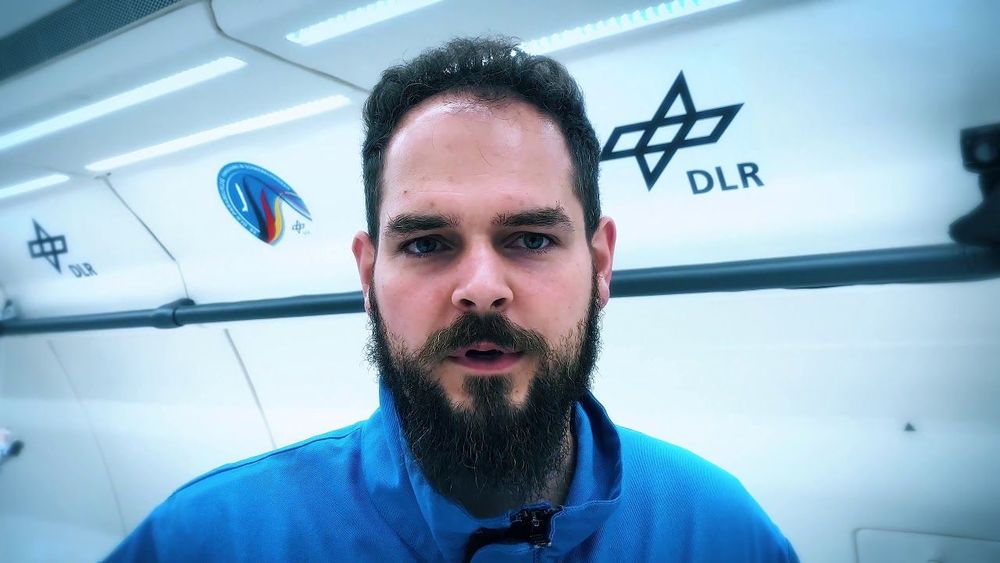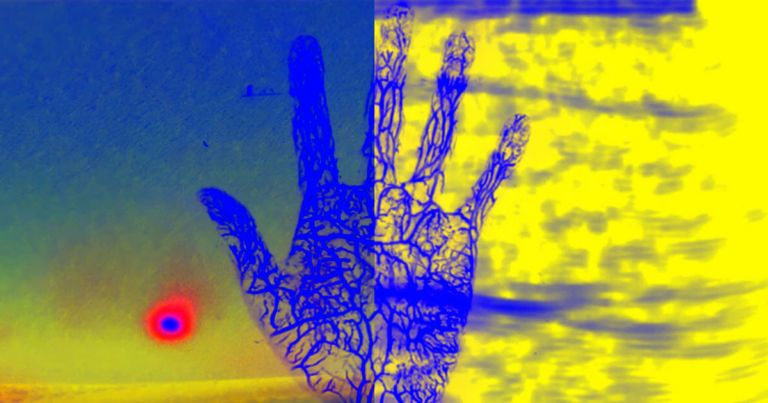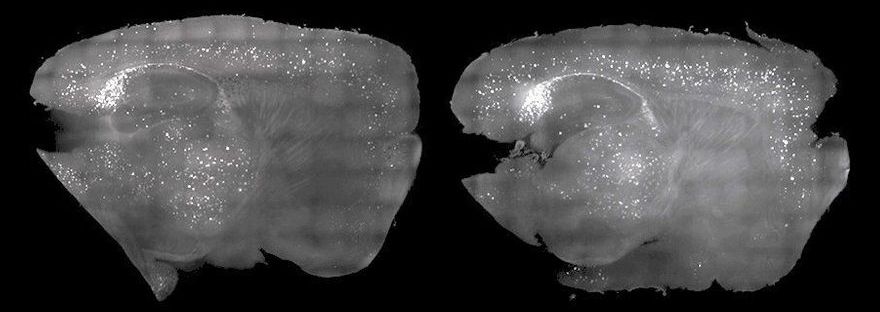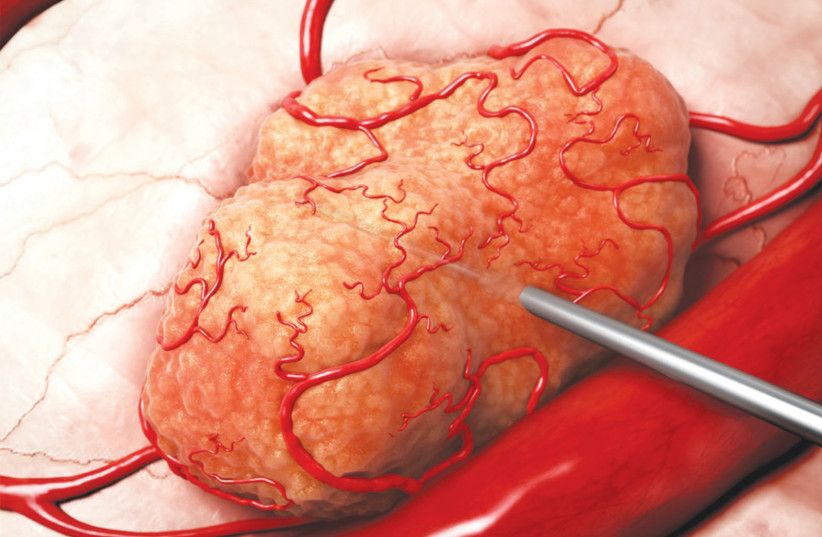Page 8091
Dec 28, 2019
The 10 Biggest Science Stories of the Decade
Posted by Brent Ellman in category: science
As the decade closes, we look at the science stories that made the biggest splash over the past 10 years.
Dec 28, 2019
MIT Scientists Can Look at Your Insides From a Distance
Posted by Paul Battista in category: biotech/medical
Scientists have developed a system of lasers that can probe inside the human body, much like an ultrasound, but from a distance.
The system can accurately image what’s going on inside a person’s body up to a depth of about six centimeters, according to an MIT press release. While that may not seem like much, it’s still an important first step in removing physical contact from ultrasound scans, as that can sometimes introduce variability in a doctor’s readings.
The system, described in research published in the journal Light: Science & Applications on Friday, uses two lasers: one to generate sound waves that bounce around inside the patient’s body, and the second to detect them as they reflect back.
Dec 28, 2019
Emerging technologies securing the cloud
Posted by Paul Battista in categories: business, robotics/AI
So, what can businesses do to address this? A big part of the answer lies in emerging technologies such as artificial intelligence (AI) and automation, which will drive new ways of securing the cloud in 2020 and beyond.
Dec 28, 2019
From Big Bang to Present: Snapshots of Our Universe Through Time
Posted by Paul Battista in category: cosmology
Dec 28, 2019
Scientists race to use zero gravity to kill the worst cancers
Posted by Brent Ellman in category: biotech/medical

The device has allowed Chou’s team to investigate how microgravity affects different diseases. The scientists report it has been tremendously effective so far in eliminating cancer cells.
“When placed in a microgravity environment, 80 to 90 per cent of the cells in the four different cancer types we tested – ovarian, breast, nose and lung – were disabled,” said Chou.
Continue reading “Scientists race to use zero gravity to kill the worst cancers” »
Dec 28, 2019
Scientists finally figure out why the water bear is nearly indestructible
Posted by Brent Ellman in category: futurism

Freeze it, boil it, or expose it to radiation. The water bear shrugs it off. Now we know why.
Dec 28, 2019
Mantis Aliens: The Mysterious Insectoid Overseers
Posted by Quinn Sena in category: futurism
Many experiencers have been visited by alien mantises. I personally heard their cackling communication and have things stolen without any trace simply teleported away.
This extraterrestrial species resembles a praying mantis and occasionally surface in abduction accounts as overseers. Learn about the Mantid agenda on Earth.
Dec 28, 2019
Scientists Have ‘Cleared’ Alzheimer’s Plaque From Mice Using Only Light And Sound
Posted by Brent Ellman in categories: biotech/medical, neuroscience
Clumps of harmful proteins that interfere with brain functions have been partially cleared in mice using nothing but light and sound.
Research led by MIT earlier this year found strobe lights and a low pitched buzz can be used to recreate brain waves lost in the disease, which in turn remove plaque and improve cognitive function in mice engineered to display Alzheimer’s-like behaviour.
It’s a little like using light and sound to trigger their own brain waves to help fight the disease.
Dec 28, 2019
Israel’s alpha radiation treatment shows tumor shrinkage in 100% of cases
Posted by Brent Ellman in categories: bioengineering, biotech/medical, life extension
The second thing to mention is that in many instances, we actually have cracked it, at least medically. There are endless cutting-edge treatments being deployed as we speak, and endless additional cutting-edge research projects being conducted. There are new breakthroughs all the time, much of which are awaiting FDA approval, but one thing many of these treatments and cures have in common is that they are developed in a tiny country smaller than New Jersey that happens to be located in perhaps the worst neighborhood on Earth. When it comes to cancer research, Israel leads the way.
Finally, the last time I wrote about cutting-edge cancer treatments, I was contacted by a close friend who is a leading oncologist. He pointed out that a disclaimer is very much necessary when I write these articles. The last thing oncologists need is for their patients to think there is some magical solution here and show up to their appointments with a cut-out of an article. In fact, the last thing a cancer patient needs is false hope.
So the disclaimer is that this company is in the clinical trial phase, and if all goes according to plan, tumors might be much more manageable and treatable than they are today, but a lot has to happen before we get there.
















